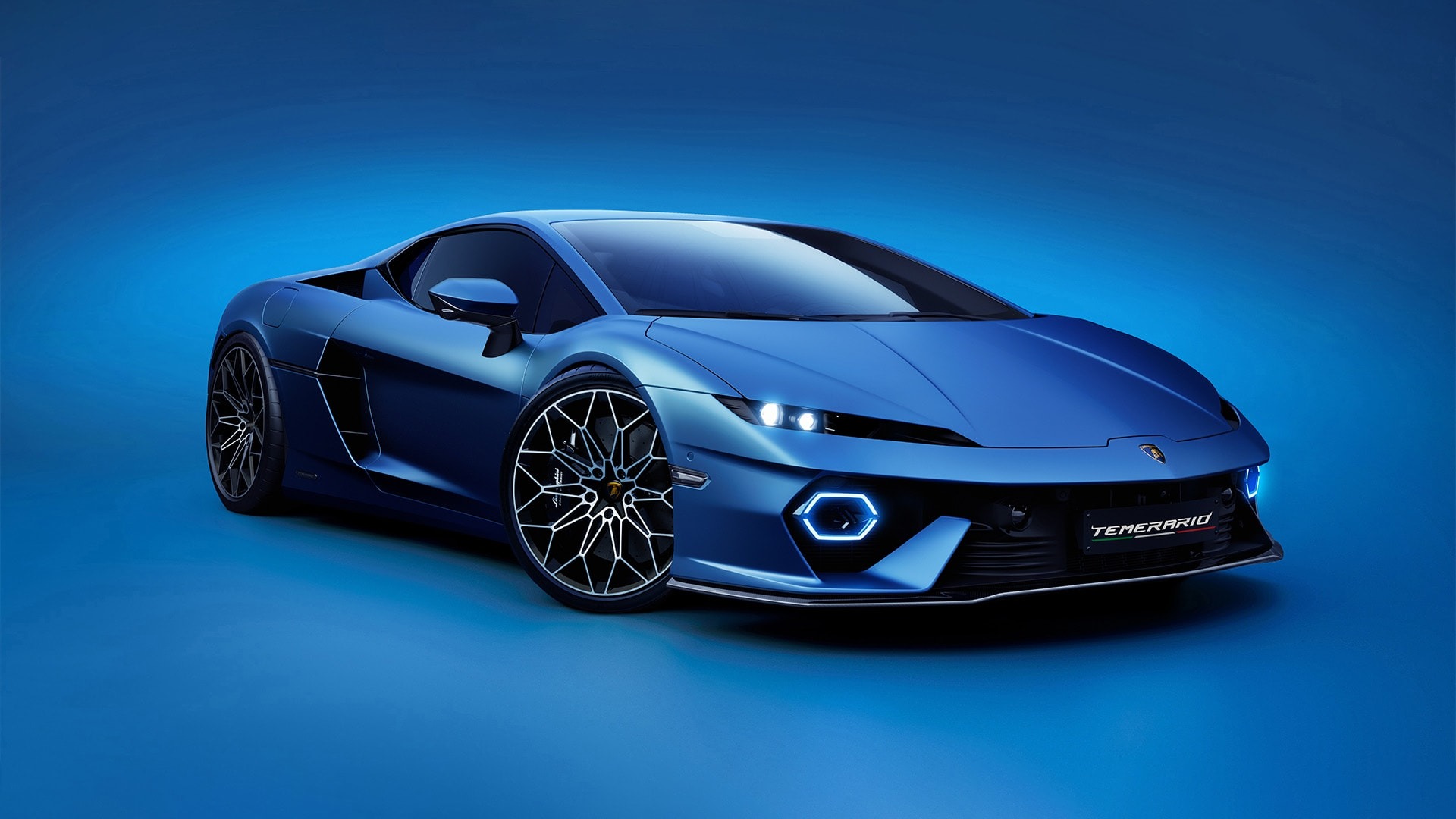Lamborghini’s inaugural fully electric supercar may be further down the road than previously anticipated.
Despite hybridizing its entire lineup this year, the Italian automaker is not rushing to release an electric version of its most iconic models, as reported by Motor1.com. Rouven Mohr, Lamborghini’s chief technical officer, suggests that the idea of producing an electric supercar should be deferred for now. He expressed his views in a recent interview, stating, “At the moment, now, the time would not be right [for an EV], at least not in a super sports car. You have seen a lot of [electric] cars on the market that were not really successful.”
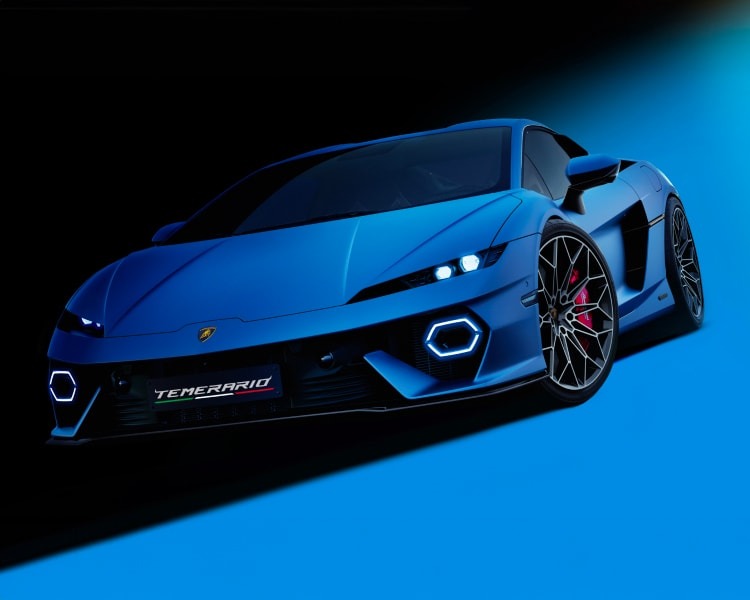
Like many automakers, Lamborghini announced its intention to transition to an all-electric future earlier in the decade. However, the brand has been clear about its cautious approach, preferring to take its time in this transition compared to its competitors. In 2021, Lamborghini unveiled its Cor Tauri strategy, which outlined a three-phase plan to achieve full electrification. The first phase focused on celebrating the internal combustion engines that established the brand’s reputation, followed by the complete hybridization of its lineup, which has now been achieved. The final phase will involve introducing its first fully electric vehicle by 2030.
While this strategy may have seemed risky initially, it has already begun to yield positive results. By committing to a gradual transition toward electric power from the outset, Lamborghini remains well-positioned to reach its electrification goals. This contrasts sharply with other premium automakers, such as Aston Martin and Mercedes-Benz, which are now shifting their focus to increased hybrid development due to a lack of consumer interest and changing government policies regarding electric vehicles. Although a fully electric Lamborghini is on the horizon, the company’s strong current position allows it to take its time before fully committing to an electric supercar.
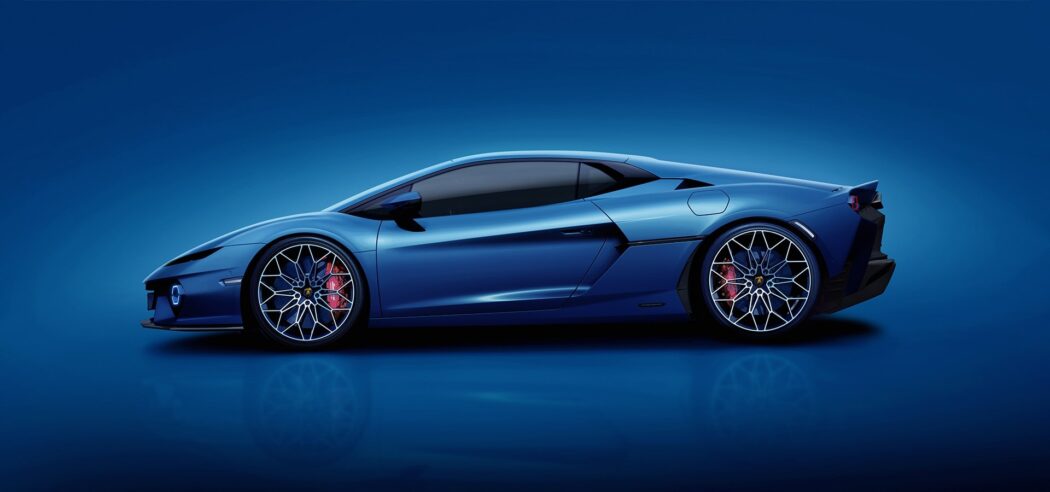
“I’m super happy with our current lineup because, with a hybridized lineup, we can live for the next decade,” Mohr stated. “But I also believe Lamborghini needs to have the transition [to electric power] because it’s only a question of time when the mindset will change.”
While the first electric supercar from Lamborghini may not arrive for a while, the same cannot be said for its plans to introduce an electric vehicle. The brand has been producing the Urus SUV since 2017 and intends to release a battery-powered model before the decade concludes. This new model is anticipated to resemble the Lanzador concept showcased during last year’s Monterey Car Week, indicating it will take the form of a grand tourer SUV capable of comfortably accommodating at least four passengers.
The Lanzador concept highlights Lamborghini’s vision for its future electric offerings, combining the brand’s signature performance and luxury with modern electric vehicle capabilities. With a focus on creating a versatile vehicle that can appeal to both performance enthusiasts and those seeking practicality, the Lanzador aims to capture the essence of what Lamborghini stands for while embracing the electrification trend.
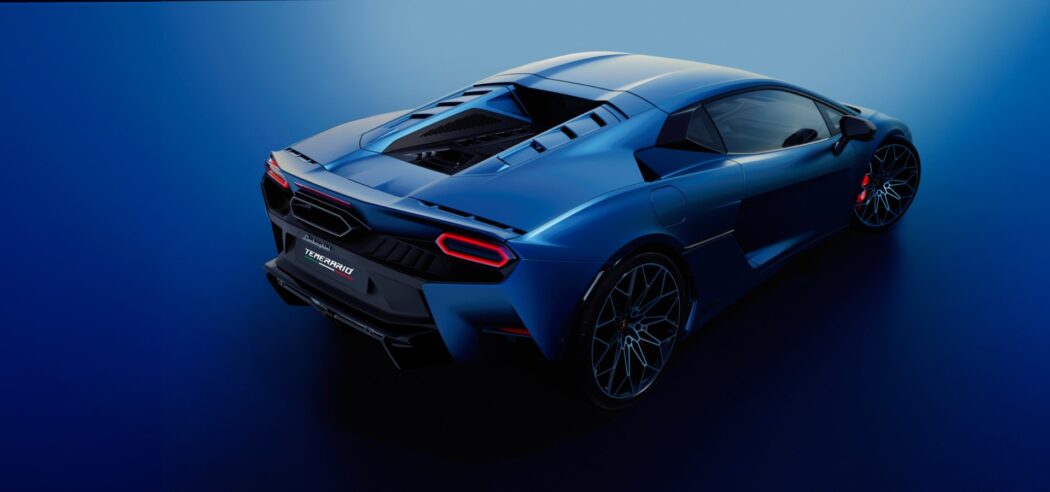
As the automotive landscape evolves, Lamborghini is strategically positioning itself to ensure that its transition to electric vehicles is both measured and sustainable. By focusing on hybrid technology in the immediate future, the brand aims to maintain its iconic status while preparing for the inevitable shift toward electrification. This calculated approach allows Lamborghini to continue appealing to its loyal customer base, who appreciate the brand’s commitment to performance and innovation.
Moreover, Lamborghini’s gradual shift toward electrification allows it to invest in research and development, ensuring that when the time comes to launch its electric supercar, it will be equipped with cutting-edge technology and the performance characteristics that fans expect from the brand. As the industry moves closer to a future dominated by electric vehicles, Lamborghini’s cautious yet ambitious plan ensures that it will not only keep pace with competitors but also maintain its distinctive identity.
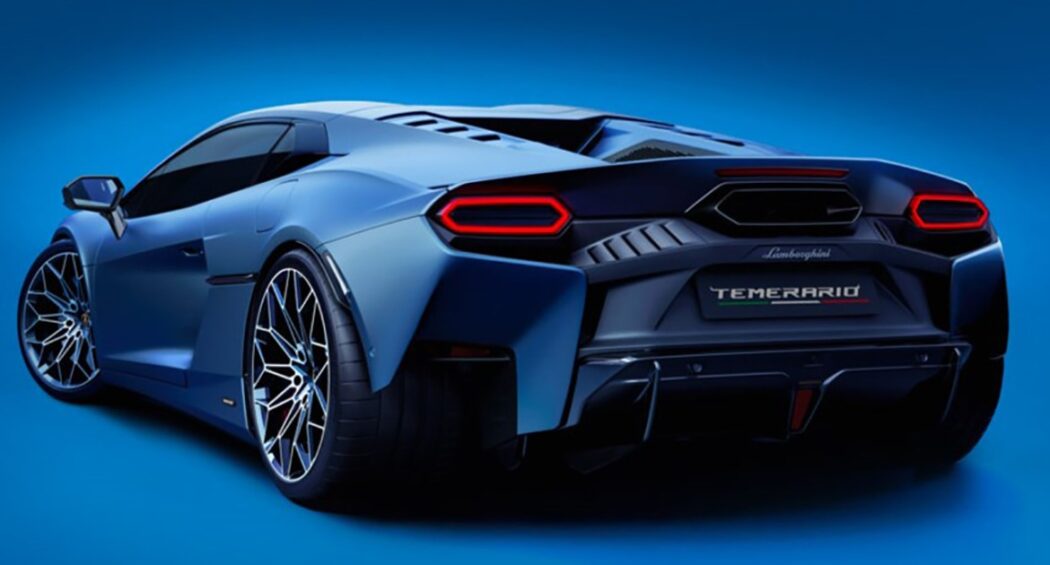
In summary, while Lamborghini’s first fully electric supercar may be a way off, the company is diligently working toward its electrification goals. With a hybridized lineup that will sustain the brand for the next decade and plans to introduce a battery-powered model before the end of the decade, Lamborghini is navigating the transition to electric power with careful consideration. As the market continues to evolve, Lamborghini’s commitment to performance and innovation will play a crucial role in shaping its future, ensuring that the brand remains a leader in the luxury automotive segment.


